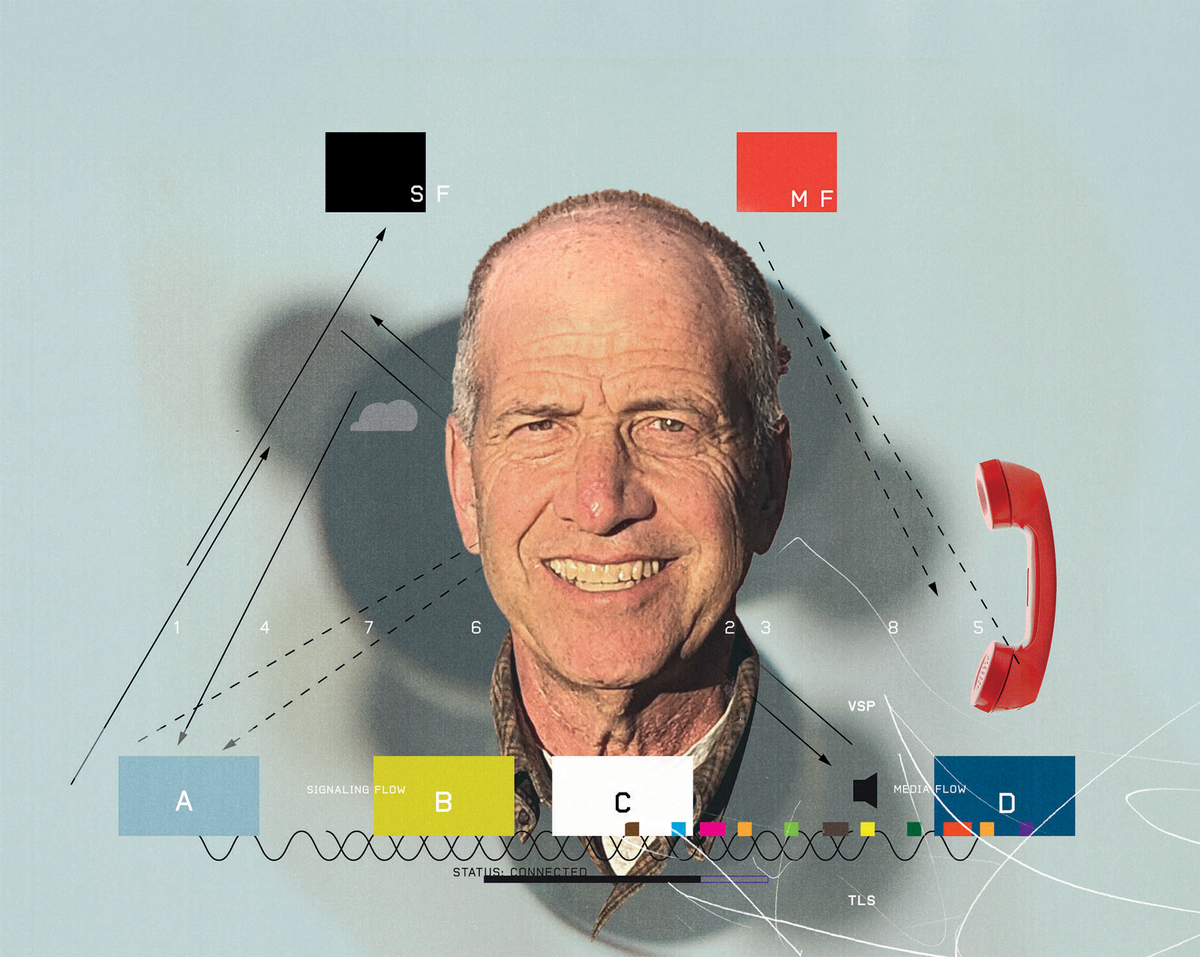LightSquared, faced with the real prospect of not being able to roll-out "the nation’s first wholesale only integrated wireless broadband and satellite network" because of how its proposed operations interfere with GPS devices, announced a major change in direction yesterday.
In a press release acknowledging that as testing demonstrated that one part of its planned operating spectrum was indeed creating too much GPS device interference, LightSquared said that it:
"... immediately began developing an alternative deployment plan focused on the lower block of spectrum to launch its nationwide wireless broadband service. It also entered negotiations with Inmarsat, the satellite company that controls the alternative block of spectrum in the L Band, to accelerate the schedule for LightSquared to begin using the frequencies."
"LightSquared recently reached an agreement with Inmarsat that will allow the rollout of its wireless network in a timeframe that keeps to the original business plan and is in accordance with regulatory requirements. As part of this revised plan, LightSquared will modify its FCC [Federal Communication Commission] license to reduce the maximum authorized power of its base station transmitters by over 50%. This action will limit LightSquared to the power it was authorized to use in 2005, which will provide additional protection to GPS."
"This new plan will give LightSquared enough spectrum to serve its growing customer base for the next several years. During this time, LightSquared will not use the spectrum it originally planned to use for the launch of its network."
LightSquared also said that it would continue to explore ways with the FCC and the National Telecommunications and Information Administration (NTIA), along with US government agencies and companies with commercial GPS interests to figure out how to let it eventually operate like it wanted to do so originally.
According to a story in the Wall Street Journal, LightSquared claims that this change in approach will "reduce the risk of interference for 99.5% of U.S. GPS receivers... For the remaining receivers, ... LightSquared plans to work with companies to create technical safeguards."
The Financial Times of London reports in an article that the GPS devices who make up this "0.5%" are said to be precision GPS receivers "...which are largely used in agriculture to control farm equipment and rely on signals transmitted by existing satellites operated by LightSquared."
The WSJ story noted that at least one of the groups - Coalition to Save Our GPS - that has been opposed to LightSquared's original plan called the latest one a "'Hail Mary' move" which still interferes with too many critical GPS receivers.
The FCC has made no comment yet about Light Squared's proposed solution, the WSJ reports. Nor have apparently the US Departments of Defense, Transportation, Homeland Security and Transportation that have all voiced concerns about LightSquared's original plan.
In related news, and one that I don't doubt will influence the FCC's thinking, is the unofficial confirmation that LightSquared last Friday entered a 15-year agreement worth an estimated $20 billion with Sprint Nextel Corp, Bloomberg News reports, "to share network expansion costs and equipment, and to provide high-speed wireless service to the phone company." The move has long been anticipated.
The deal with Sprint Nextel will put pressure on the FCC to accept LightSquared's new plan as a way of fostering more competition in the wireless market, which seems to be one of the reasons LightSquared's original plan was accepted without the necessary technical feasibility scrutiny.
Finally, if you are curious about Philip Falcone, the hedge fund operator behind LightSquared - and I know many of you are not - you can read an interesting article about him at Vanity Fair and the story of his acquisition of LightSquared (or SkyTerra, as it was once called).
If you didn't have a high opinion of hedge fund operators before, the Vanity Fair story isn't going to give you many reasons to change your opinion.
Robert N. Charette is a Contributing Editor to IEEE Spectrum and an acknowledged international authority on information technology and systems risk management. A self-described “risk ecologist,” he is interested in the intersections of business, political, technological, and societal risks. Charette is an award-winning author of multiple books and numerous articles on the subjects of risk management, project and program management, innovation, and entrepreneurship. A Life Senior Member of the IEEE, Charette was a recipient of the IEEE Computer Society’s Golden Core Award in 2008.



